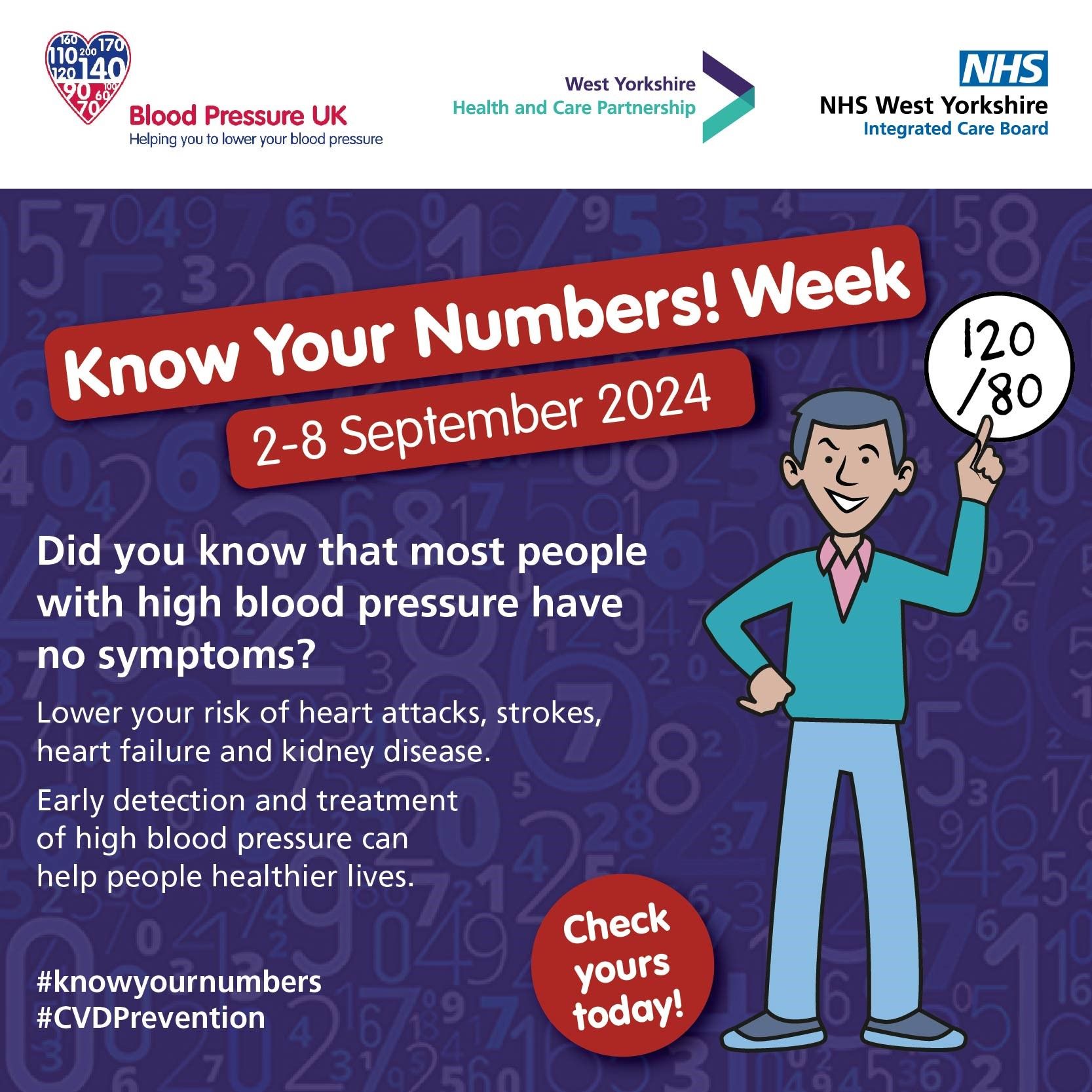 Hello my name is Kate.
Hello my name is Kate.
I joined the West Yorkshire Integrated Care Board (ICB) two years ago and I recently reflected on my leadership message from that time. In that, I talked about the extent of the People agenda, whether this be for our people as volunteers, or within health and social care, the independent sector and the many thousands of unpaid carers. In particular, how key to this agenda has to be us collectively looking after our people, developing and supporting our people to enjoy longstanding careers and voluntary roles, and critically, attracting more people to work across the partnership to support our citizens within West Yorkshire.
Looking after our people has never been so critical as it is now. With the very recent acts of racism, Islamophobia and general public disorder, a key focus has rightly been us supporting each other, both within and across our organisations, our partnership and our communities. I am proud of the acts of kindness, support and compassion that I have witnessed and heard about over recent days, as they serve to remind us of the core values we hold dear across the Partnership.
It is in such times of challenge that the workforce of which I am proud to be part finds itself at the forefront of leading on and working collectively towards solutions that help us to grow, sustain, nurture and develop the workforce needed for today and the future - whether it be our ways to attract people from our local communities into roles that provide the security and confidence to enter a new career, through to supporting colleagues with new skills development. Quite simply, if we get this right for the people who work and volunteer within health and care across West Yorkshire, we make a positive step towards looking after our local citizens effectively.
I recently had the pleasure of supporting the development of the Workforce Strategy for Adult Social Care as a member of the integration expert working group, sharing my views on how the strategy might support integrated care. As a representative of an integrated care system (ICS), I wanted to test the unique opportunity that the strategy has to make a significant impact on integration between health and care services.
The strategy is intended to identify the adult social care workforce needs over the next 15 years and sets out a plan for ensuring the sector has enough of the right people with the right skills. This sits alongside the 15-year Long-Term Workforce Plan for the NHS which was published last year. When it comes to integrated care, it aims to create a cohesive approach to workforce planning and ensure that our health and social care systems work collaboratively.
True system integration requires that our workforce plans are not developed in isolation but are interconnected. The structure and direction that both strategies provide, articulating a clear ambition and plan for the workforce, make long-term workforce planning and role development much easier. This not only helps our health and care organisations, but also assists our educational establishments and training providers within West Yorkshire, as we need to ensure as a system that our sector partners are adequately prepared to support the growth of the health and care sector and the increasingly interconnected nature of health and social care services. Having two such dedicated strategies in place helps to ensure we are better equipped to discuss what future requirements within health and social care education will look like, both in terms of the quantity of placements required to meet growth targets and also in the structure and content of educational programmes, including apprenticeship programmes.
As an integrated care system, within West Yorkshire we are bringing together the right stakeholders to ensure that key partners are collectively working on our readiness for workforce expansion, workforce reform and workforce development. We launched our West Yorkshire Strategic Workforce Forum last month. This initiative brings together health, social care, local authorities, primary care, and the voluntary, community and social enterprise (VCSE) sectors with education colleagues from our higher and further education institutes to respond to critical workforce planning issues, as well as test our collective readiness for responding to the long-term workforce plans. The Workforce Strategy for Adult Social Care will play a key role, alongside the NHS Long Term Plan, in guiding the strategic agenda of this forum.
When it comes to measuring the success of the workforce strategies, the obvious measures are likely to be amongst the best – improved attraction rates to roles within health and care, lower vacancies, proactive initiatives in looking after our people and ultimately, delivering high quality care. However, I think it is also important to take into account the more qualitative factors, such as employee experience, when looking to see how effective our overall approach has been at supporting retention, as staff see the prospect of longer-term careers within and across the sectors. When assessing the true impact of the workforce strategies, we will have to consider carefully what the data, including from staff surveys, is telling us about the experience across multidisciplinary teams and care organisations.
Looking after our people, particularly in challenging times, is a critical test of our overall ambition and partnership values, and the enthusiasm and commitment to work collectively on the workforce expansion and reform agenda is a clear testament to these values in West Yorkshire. I look forward to working with colleagues from all sectors on developing our system-level readiness to respond to the ambitions within the health and care workforce strategies.
Have a lovely and peaceful weekend.
Kate
The Workforce Strategy for Adult Social Care was launched on 18 July 2024. You can find more information on the strategy by visiting the Skills for Care website
 Smoking rates among mums-to-be are at an all-time low thanks to support from NHS teams. This year also saw the biggest annual fall in smoking during pregnancy since records began, meaning 6,000 fewer pregnant women smoked when compared to the previous 12 months, protecting thousands of babies from potential harm. See the NHS news pages for more information and visit our mums can page for more support and resources to quit smoking during pregnancy.
Smoking rates among mums-to-be are at an all-time low thanks to support from NHS teams. This year also saw the biggest annual fall in smoking during pregnancy since records began, meaning 6,000 fewer pregnant women smoked when compared to the previous 12 months, protecting thousands of babies from potential harm. See the NHS news pages for more information and visit our mums can page for more support and resources to quit smoking during pregnancy. Know Your Numbers Week, the UK's biggest blood pressure testing and awareness event, runs from Monday 2 to Sunday 8 September. The theme this year is ‘you have the power’.
Know Your Numbers Week, the UK's biggest blood pressure testing and awareness event, runs from Monday 2 to Sunday 8 September. The theme this year is ‘you have the power’.

 Hello my name is Kate.
Hello my name is Kate.